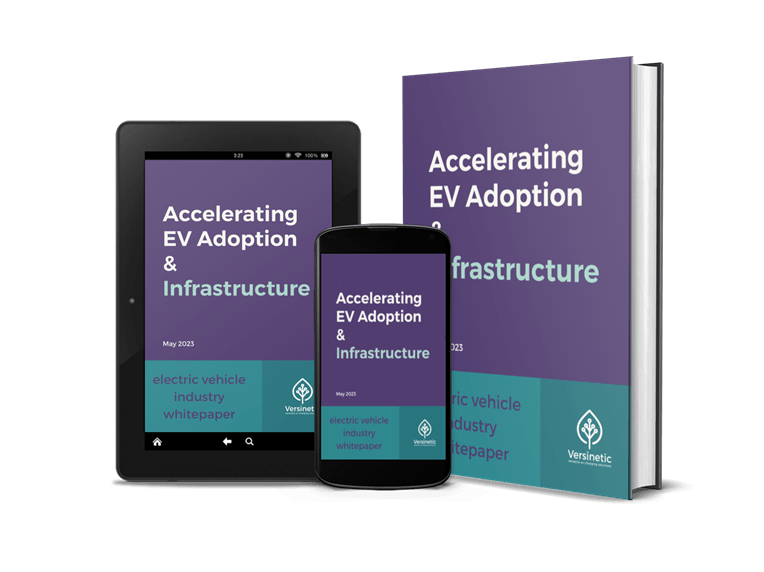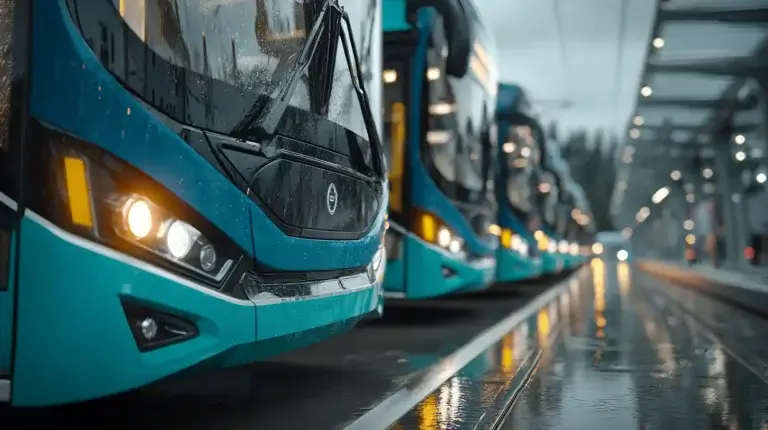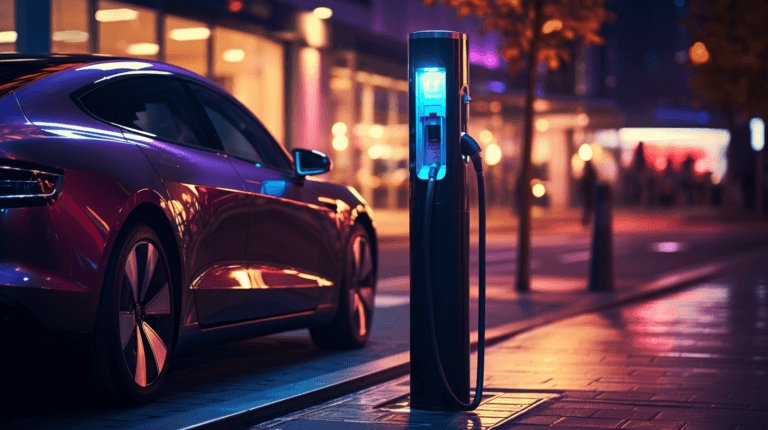EV Adoption and Infrastructure Challenges, Trends, and Solutions
Versinetic’s new comprehensive whitepaper delves into the rapidly evolving realm of electric vehicles (EVs) and their infrastructure.
It aims to provide a deeper understanding of the challenges surrounding EV infrastructure, major trends in the EV sector, and the barriers hindering widespread EV adoption.
The white paper has been written by Versinetic Managing Director Dunstan Power and Senior Firmware Engineer Julian Skidmore. It also features analysis from our industry survey, with research data collected through a survey of participants at prominent electric vehicle exhibitions in the UK.
Accelerating EV Adoption and Infrastructure

Key Highlights
Inadequate Government Efforts
Respondents perceive the UK government’s strategies as insufficient in addressing climate change, with 60% of them expressing doubts about achieving the 2030 Paris Agreement targets.
Investment Focus
Survey participants emphasised the importance of investing in alternative energy sources, expanding charging infrastructure, implementing robust emission legislation, and developing technologies to support the future of EVs.
Perception of Challenges
The study unveiled industry concerns related to prioritising climate change, limited regulations for major polluters, and slow administrative action as significant barriers to achieving net zero emissions.
EV Infrastructure Hurdles
Despite the climate benefits of Electric Vehicles (EVs), their adoption faces significant hurdles due to infrastructure challenges.
In line with previous industry analysis by Versinetic, our new survey revealed that kerbside infrastructure remains an area of concern.
Our 2023 poll revealed that a majority of respondents identified on-street charging as the primary obstacle to EV adoption. The existing public charging network falls short, and innovative solutions like wireless charging and off-street EV charging hubs are imperative.
Half of the professionals surveyed expressed concerns regarding insufficient government action and funding for EV infrastructure.
Furthermore, 39% found the rapidly changing regulations disruptive, and 23% considered the lack of maintenance skills a significant hurdle.
EV Technology Trends, Barriers to Progress, EV Adoption and Infrastructure Success Factors
In addition, the whitepaper reveals several significant trends in the EV sector, barriers to accelerating EV adoption and infrastructure and significant success factors.
For the full analysis, download the report:

Accelerating EV Adoption and Infrastructure: The Authors
Dunstan Power, chartered electronics engineer and Cambridge University alumnus, has been working in the electronics design industry since 1992.
He co-founded ByteSnap in 2008, a multi-award-winning electronics design consultancy specialising in low-power hardware and software engineering. He was part of the engineering team that developed EV chargers for the London 2012 Olympics.
In response to the growing demand for eMobility engineering experience and services, Dunstan founded Versinetic EV charging design consultancy, working with manufacturers worldwide to accelerate their EV chargers and systems with bespoke electronics and software.
An experienced and sought-after speaker, Dunstan is an industry-thought leader who has presented on a range of EV charger- and electronics design-related topics in the UK and internationally.
Julian Skidmore: as a Senior Firmware Engineer at Versinetic, Julian develops EV charging and V2G projects, and has co-authored EV-related articles for the electronics industry press.
He has a Computer Science degree from UEA and an MPhil in Computer Architecture from Manchester University. Julian has over 20 years’ experience in embedded development.
Julian is a proponent of the zero-carbon society and a Guardian News ‘climate hero’. He has owned a Battery EV for over four years; has investments in wind farm cooperatives and has a 4KW domestic Solar PV installation.



